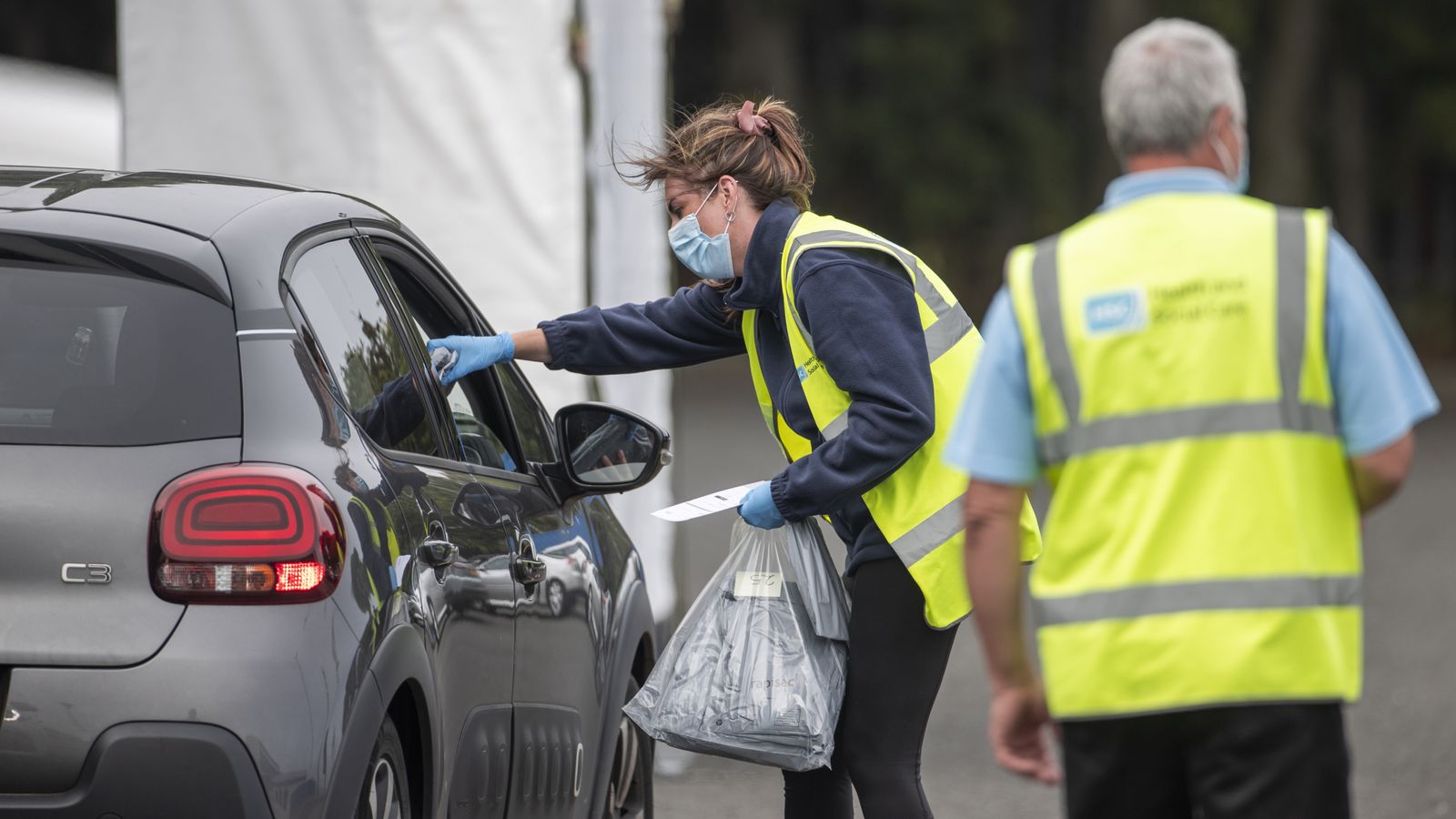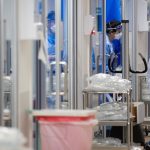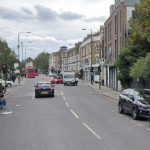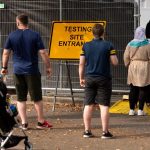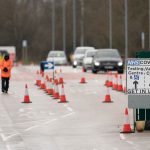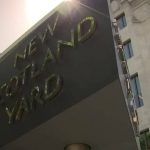Coronavirus testing centres have reduced their opening hours due to “limited demand” in the evenings, prompting fears the most disadvantaged won’t be able to get tests.
From 1 November onwards, NHS Test and Trace sites in England are closing two hours earlier – at 6pm instead of 8pm.
The government claims “recent analysis has shown there is limited demand for PCR testing between 6pm and 8pm” and the decision “provides the best possible value for taxpayers’ money”.
People “unable to attend PCR test appointments before 6pm” can also get home testing kits delivered, it adds.
But Dr Deepti Gurdasani, clinical epidemiologist at Queen Mary University, says it will affect those who are worse off.
“Limited hours in the evening will effectively mean some people don’t have access to testing,” she told Sky News.
“It will hit people unequally, because the people affected will be the people who can’t take time off work and on zero-hours contracts etc.”
Education secretary Nadhim Zahawi pledges to ‘look at’ extending the school day
Disneyland Shanghai shut down as thousands ‘locked in’ for mass coronavirus testing after one positive case
COVID-19: Bryan Adams and Jon Bon Jovi call off shows after testing positive for coronavirus
She also accused the government of “removing symbols of the pandemic” at a time when infection rates are still “very high”.
“I really don’t understand this timing. The government has been doing a lot of things to signal that the pandemic is over, but the position we’re in is actually quite precarious.”
The current seven-day average case rate in the UK is 28,130, which is an 8.9% drop on the previous week.
But experts have warned that case numbers may have fallen artificially during the October half term – as most children get tested at school.
“We have extremely high positivity rates, which suggests we have a lot of people with undetected infections,” Dr Gurdasani said.
“Around one in 10 secondary school aged children in England are infected. We’ve never seen case rates in children that high before.”
Although the infection rate has fallen, deaths are up by 16.9% – to a weekly average of 159 a day – and COVID hospitalisations have also risen by 3.1% – to an average of 207 new patients a day.
“We’ve seen an increase in infections in the over-60s, which has translated recently into higher hospitalisations and deaths,” Dr Gurdasani added.
“Frontline workers are already telling us they can’t cope with any more pressure, so we need to be doing more pre-emptively to avoid that.”
It comes after the government’s Public Accounts Committee described the £37 billion Test and Trace programme as an “eye-watering” waste of taxpayers’ money.
The committee’s recent report concluded it “failed” to achieve its goal of reducing transmission “despite the vast sums thrown at it”.
And at some points in time just 11% of employed contact tracers were working, a figure which has never risen above 49%.
Greg Clark MP, who is chairman of the Commons science and technology committee, told The Telegraph that Test and Trace does need to be scaled back.
Follow the Daily podcast on Apple Podcasts, Google Podcasts, Spotify, Spreaker
“We ought to be getting some of it [public money] back,” he said.
But he said tests still needed to be available to people when they need them.
The UK Health and Security Agency said all testing sites are aware they should be closing two hours earlier.
It said in a statement: “We have built flexibility and scale into NHS Test and Trace so that we can adjust quickly to changing circumstances during the pandemic and we will continue to do this.
“We are constantly reviewing our testing demand forecasts to ensure we are well equipped to provide the right level of testing to the public.”
